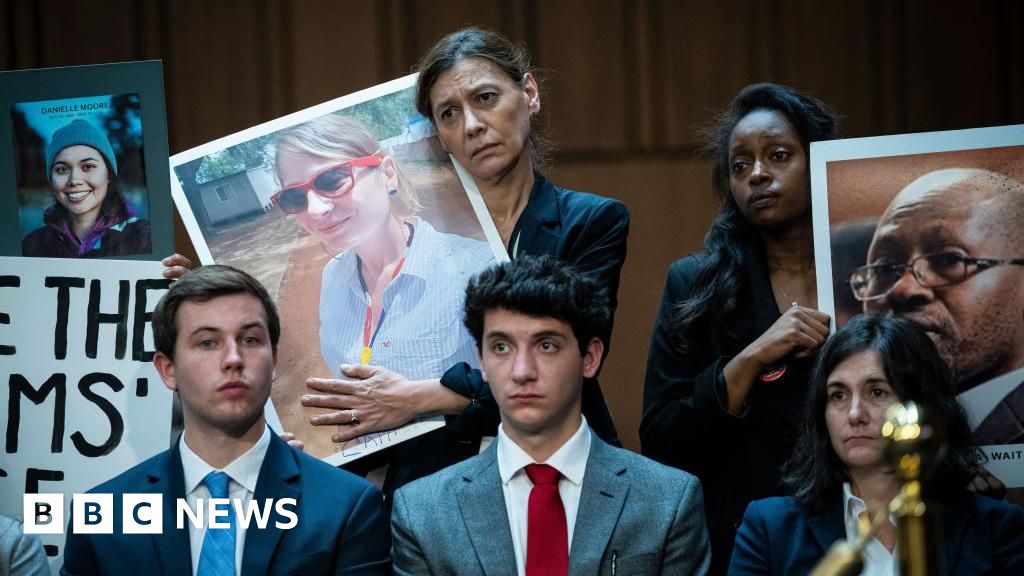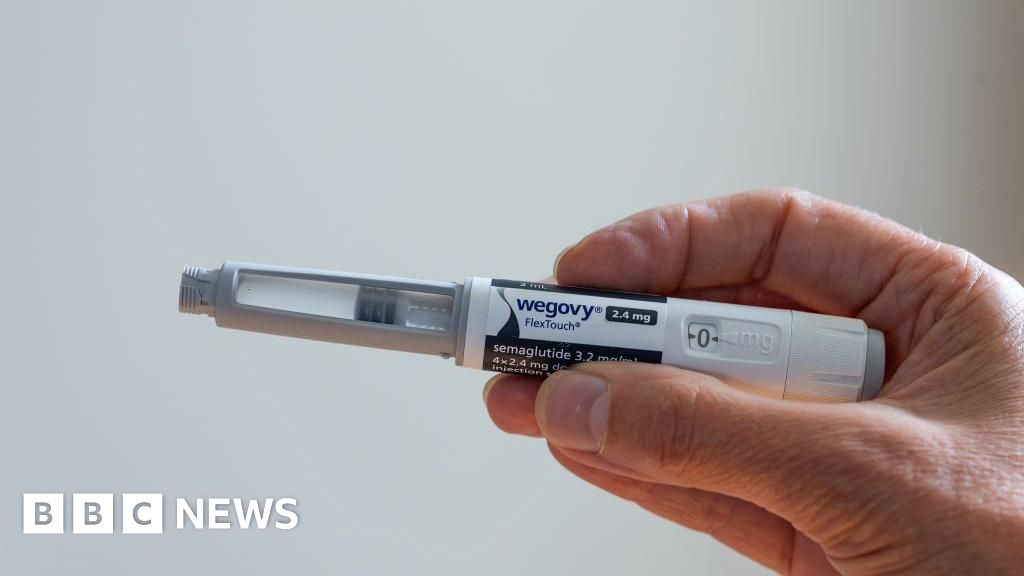ARTICLE AD BOX
 Image source, Getty Images
Image source, Getty Images
Discounts for households to use less electricity at peak times will be offered again on Tuesday as part of a scheme to avoid blackouts.
National Grid's Demand Flexibility Service will be offered to eligible households between 16:30 and 18:00 GMT.
Those who have signed up will get discounts on their bills if they do things like delay using their oven.
The service will run for the first time on Monday from 17:00 to 18:00 GMT, although several trials have been held.
According to National Grid's electricity system operator, more than a million households and businesses in England, Scotland and Wales have now signed up to take part in the scheme.
But it is only available to homes with smart meters, and the BBC has been contacted by several people who are frustrated that they cannot participate due to not having one.
The scheme was introduced last year and is scheduled to run until March.
This week's cold snap is expected to lead to high power demand, while wind power is forecast to be lower than usual.
It is also uncertain whether the UK will be able to import the power it needs via undersea cables from Europe.
Could you get money off your bill?
According to National Grid, the first thing you should do is check whether your supplier is one of the 26 that has signed up to the scheme. You'll get a notification that it starts today.
People in England, Scotland and Wales who have a smart meter are eligible.
Customers will receive a discount if they reduce their electricity use between the times set by National Grid. On Monday the scheme will run between 17:00 and 18:00 GMT, and on Tuesday between 16: 30 and 18:00 GMT..
You can save by doing things like delaying using your washing machine or tumble dryer, or charging your electric vehicle.
National Grid says savings can range from a few pounds to as much as £20 depending on the amount of energy used.
There were concerns initially that the scheme would not attract enough interest due to the level of discounts being offered. But Craig Dyke, head of national control at National Grid ESO, told the BBC that during the nine tests so far, consumers had saved more energy than forecast.
"To us, that tells us that the consumers are engaged," he said.
On Sunday, National Grid ordered three UK coal plants to begin warming up in case they were needed to generate electricity, but it subsequently stood them down.
National Grid said "people should not be worried" by the move and electricity supplies were not at risk.
BBC climate editor Justin Rowlatt said the fact that it was deemed necessary to warm up coal-fired power stations was a sign of how far the renewable revolution still has to go.
As yet there are no economical grid-scale energy-storage solutions that can see the country through a spell of cold weather which coincides with a lull in the wind, he said, and that is unlikely to change for many years to come.
Last summer, the UK government asked owners of coal-fired generators to extend their use due to fears over the security of energy supplies following Russia's invasion of Ukraine.
National Grid's boss told the BBC last year that blackouts would be a last resort this winter if energy supplies run low.
John Pettigrew said National Grid's "base case" assumption was the UK would have enough supplies to meet heating and lighting demand.
Will you be taking part in the scheme today? Share your experiences and send us any questions you have by emailing haveyoursay@bbc.co.uk.
Please include a contact number if you are willing to speak to a BBC journalist. You can also get in touch in the following ways:
If you are reading this page and can't see the form you will need to visit the mobile version of the BBC website to submit your question or comment or you can email us at HaveYourSay@bbc.co.uk. Please include your name, age and location with any submission.

 2 years ago
63
2 years ago
63








 English (US) ·
English (US) ·